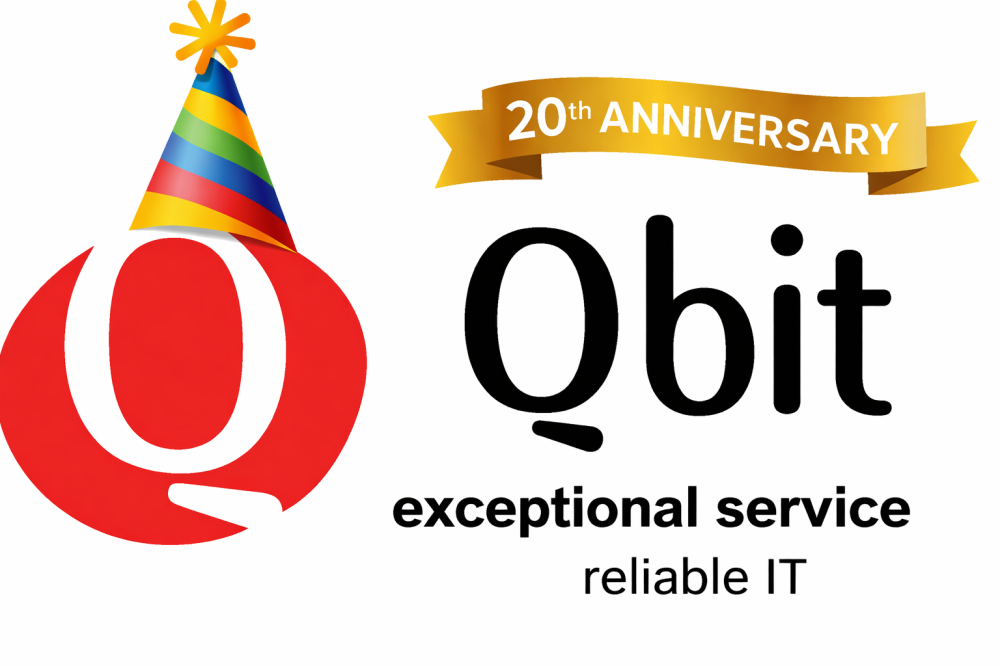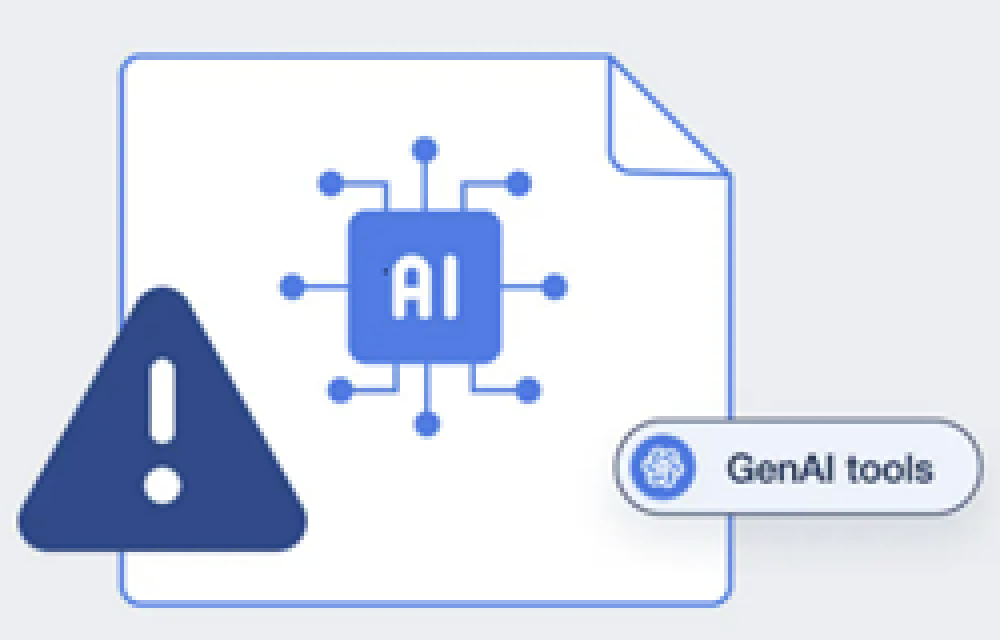Regular software updates are more than just routine maintenance; they are important for the security, efficiency, and success of any business. Whether it’s to protect sensitive data, defend against malicious software, improve functionality, or stay compliant with industry regulations, keeping software up to date is a crucial step that businesses cannot afford to overlook.
This article will go over why it’s important to update software regularly and how it can prevent costly disruptions while enabling smoother, more secure operations.
What Are Software Updates?
A software update is any modifications made to an existing software program to improve its performance, security, or functionality. This is why software updates are important for keeping systems running smoothly. These updates usually include new features, bug fixes, and patches to address vulnerabilities, ensuring the software continues to run correctly.
Software developers release updates to adapt to evolving technology, correct errors, enhance user experience and protect against cyber threats. Updates can be minor, addressing specific issues, or major, introducing significant improvements or new features. These updates are crucial for both individual applications and the operating system to ensure everything runs smoothly and securely.
Regularly applying these updates helps maintain software compatibility and ensures optimal performance for both individual users and businesses. At Qbit, we understand the importance of staying on top of your software updates. Our team can help you manage and implement updates seamlessly, ensuring your systems are always secure, efficient, and compliant.
Key Benefits of Regular Software Updates
Regular software updates are essential for maintaining the performance, security, and functionality of your software. Here are some of the key benefits, explaining why updating software is important.
- Enhanced Security: Updates often include patches for vulnerabilities that hackers could exploit, ensuring your software remains secure against emerging threats.
- Improved Performance: Software updates can optimise performance, making systems run more efficiently and fixing bugs that may have slowed things down.
- Access to New Features: Regular updates provide access to the latest features and tools, allowing you to stay up to date with advancements and improve user experience.
- Compatibility: Updates ensure your software remains compatible with new devices, operating systems, and other applications, avoiding potential disruptions.
- Stability and Reliability: Updates address issues that can cause crashes or other malfunctions, improving the overall stability and reliability of your software.
By keeping software up to date, you can protect your system, enjoy new features, and ensure everything runs correctly.
Types of Software Updates
Each type of update plays a vital role in ensuring your software is performing at its best. This demonstrates the importance of software updates in avoiding disruptions. Here are the key types:
- Security Updates: Fix security vulnerabilities, protecting your system from malware, hacks, and data breaches.
- Bug Fixes: Address glitches, crashes, or errors to improve the software’s stability and performance.
- Feature Updates: Introduce new tools, functionalities, or enhancements to improve the user experience and add new capabilities.
- Performance Updates: Optimise the software’s speed and efficiency, reducing load times.
- Compatibility Updates: Ensure the software is compatible with new hardware, operating systems, or third-party applications, preventing conflicts.
- Major Version Updates: Bring significant changes, such as new features, redesigned interfaces, or structural improvements, requiring a new version of the software.
- Service Packs: Bundle multiple updates (security patches, bug fixes, and features) into a single package for easier installation.
These updates help keep software secure, up to date, and running efficiently with the latest advancements.
The Risks of Ignoring Software Updates
Ignoring software updates leaves your system vulnerable to security threats, poor performance, and potential legal challenges, which underscores why updating software is important.
Here are the risks of ignoring software updates:
- Security Vulnerabilities: Unpatched software is at risk of cyberattacks, data breaches, and malware infections.
- Reduced Performance: Bugs and inefficiencies persist, leading to slower performance, crashes, and reduced functionality.
- Incompatibility Issues: Outdated software may no longer work with newer hardware, operating systems, or other applications.
- Missed Features: You miss out on new tools and improvements that could enhance functionality and the user experience.
- System Instability: Outdated software can lead to crashes, malfunctions, and data corruption, affecting stability.
- Compliance Risks: In regulated industries, failing to update can result in non-compliance, fines, or legal issues.
Ignoring updates leaves your system vulnerable to cybersecurity threats, poor performance, and potential legal or technical challenges.
Best Practices for Managing Software Updates
Managing software updates effectively is crucial to maintaining the security and performance of your systems. By following a few key practices, you can ensure your updates are timely and hassle-free. Here are some best practices to follow:
- Enable Automatic Updates: Automatically install updates to ensure critical patches are applied without delay.
- Regularly Check for Updates: If automatic updates aren’t available, manually check for updates on a regular basis.
- Prioritise Security Updates: Install security updates immediately to protect against vulnerabilities.
- Test Updates on Non-Critical Systems: Test updates on secondary systems before deploying them to essential devices.
- Schedule Updates During Downtime: Plan updates for off-peak times to minimise disruption to your workflow.
- Backup Data Regularly: Backup important data before major updates to safeguard against data loss.
- Stay Informed: Keep up with software provider announcements to be aware of upcoming updates and potential issues.
Ensuring Business Continuity with Regular Software Updates
At Qbit, we understand why software updates are important for maintaining business continuity and preventing disruptions. Our expert team can help you manage software updates, implement necessary patches, and optimise your IT infrastructure to prevent disruptions.
Don’t let outdated software put your business at risk. Contact Qbit today to ensure your systems are always running at their best!


